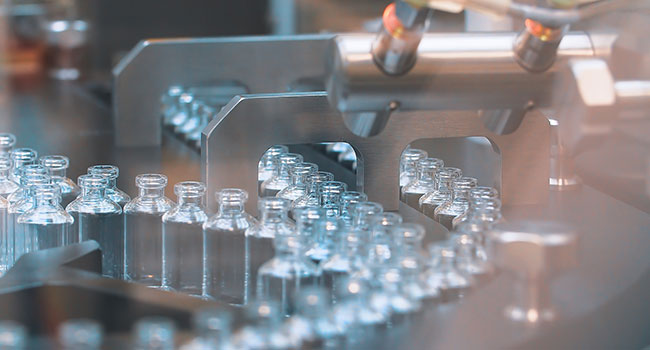How are Covid-19 Vaccine Clinical Trials Happening so Fast?
Aug 5, 2020 by CenTrial
Developing a vaccine usually takes years, if not decades, so how is it that coronavirus vaccines are on track to complete trials in 12-18 months?
Without skipping steps or compromising safety, here are a few things that are being done to speed up the process.
A massive effort is underway by several agencies to get volunteers to participate in the vaccine trials. It is often difficult to get enough participants to fill a trial's quota, but the world-wide effort to let people know they are needed has raised awareness of the importance of participating in clinical trials.
Typically, vaccines need to go through three stages of human clinical trials with each being run after the other, but with COVID-19 phases are being run in parallel, so Phase 2 can begin once Phase 1's results look promising rather than having to wait until Phase 1 is complete.
Using the adaptive design approach, vaccine developers are able to modify their trials based on results, perhaps altering dosing or otherwise modifying the trial in mid-stream.
Manufacturers are producing huge quantities of vaccines that seem to be viable, even before they are approved, in order to have advanced supplies on hand.
Another reason vaccine production is happening so fast is that governments are providing scientists with the funding they need to do the research so they don't have to worry whether they will be able to fund the next phase of the trial.
Also speeding things up, many scientists are cooperating internationally, sharing information on vaccine development.
Prof. Gary Kobinger, a professor of microbiology and infectious diseases who helped develop a vaccine for Ebola, believes that it would be possible to compress the vaccine approval process down from a typical four years by adding staff to regulatory agencies who review the data from the trials.
Governments are also able to issue emergency orders to have the vaccines distributed before final approval is given.
"This is going to open a new era of vaccinations with safer vaccines, better vaccines, and faster vaccines in terms of production," Kobinger stated. "I think people will benefit for decades to come."
Governments, clinical trial investigators, and vaccine manufacturers have also found new ways to form alliances and work together, also contributing to speeding up the process.
All the above actions have contributed to the rapid development of this vaccine, a process that hopefully can be applied to future studies as well.
Next »
20,000 clinical trials are seeking participants.
Signup and be matched to trials near you
This free service will notify you of current and future clinical trial matches.
Signup and be matched to trials near you
This free service will notify you of current and future clinical trial matches.
